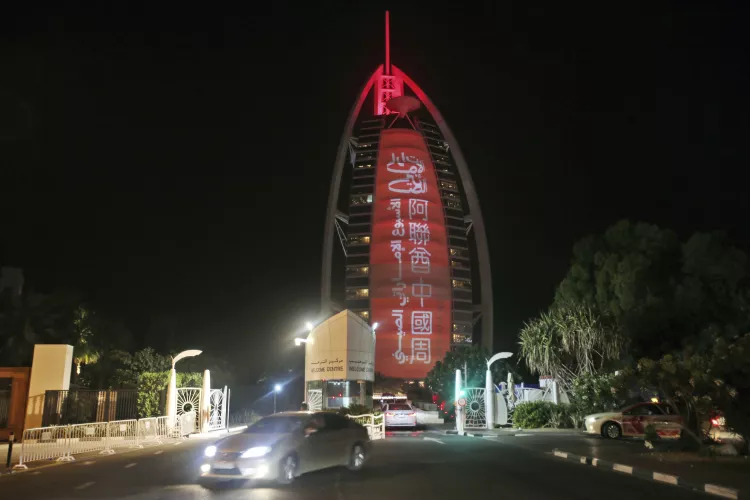China's Soft Power and Cultural Diplomacy in the MENA


In contrast to Nye’s definition of soft power compared to US “hard” power and diplomatic supremacy, it was Hu Jintao in 2007 who first used the term at the 17th Congress of the Chinese Communist Party to link “the rejuvenation of the Chinese nation to the ability of China to deploy cultural soft power (文化软实力)” (Hu, 2007). Subsequently in 2009, Hu Jintao emphasized that “[China] should strengthen public diplomacy and humanities diplomacy and commence various kinds of cultural exchange activities in order to disseminate China’s great culture” (Hu, 2009). While the phrase “soft power” often echoes Nye’s original vision, the idea’s central premise—that power is wielded through institutions to shape values—is very much in line with the Confucian idea of leadership by moral elites (德治天下); a philosophy that applies in the same way in both domestic and international contexts. Hu Jintao perceived the Chinese government’s influence on its own people as the primary determinant of China’s influence abroad. That ethos has carried over across China’s political and economic arenas.
The application of soft power in the Middle East and North Africa (MENA) can be characterized as both ethno- and geo-centric. Parts of the MENA region began exercising soft power via pan-Arab solidarity movements during the late nineteenth and early twentieth centuries and after the founding of the Arab League in 1945. Driven by upper- and middle-class urban actors, these movements were multi-faceted and centered around promoting pan-Arab soft power tools—such as culture and the Arabic language— as a departure from the region’s history of Western colonialism. While religious and the nationalist ideologies have since eclipsed pan-Arabism’s regional prominence, soft power remains a key tool for MENA diplomacy, particularly in the Gulf countries touting strong and wealthy state institutions. Saudi Arabia has seized soft power as a diplomatic tool through successfully branding its Vision 2030 strategy as a policy for opening the nation up to the rest of the world. Similarly, the Emirates’ own Vision 2030 agenda and Dubai’s hosting of Expo 2020 have become a symbol of the Emirates’ economic vitality and resource diversification beyond oil. Qatar’s hosting of the FIFA World Cup 2022 is widely viewed as the zenith of mega-events in the MENA region, having put the city state firmly on the map. Religious tourism—including the Hajj pilgrimage in Saudi Arabia, the Shia pilgrimage in Iraq, and visiting biblical sites in both Jordan and Palestine—is another tool by which MENA governments exercise soft power and attract foreigners from abroad.
Hamaizia, Adel. “China's Soft Power and Cultural Diplomacy in the MENA.” Routledge, 2023